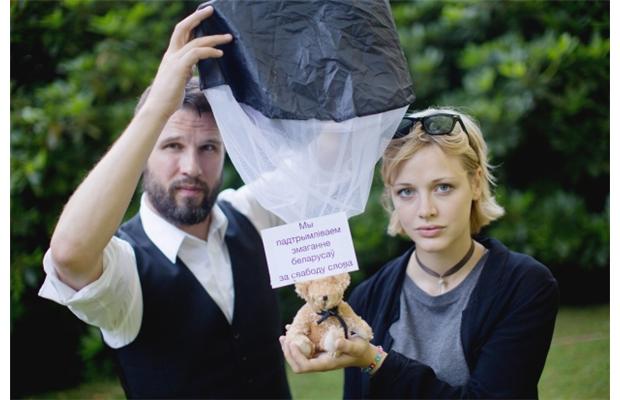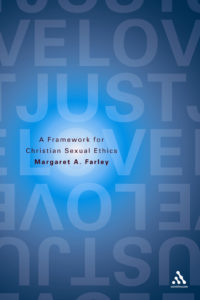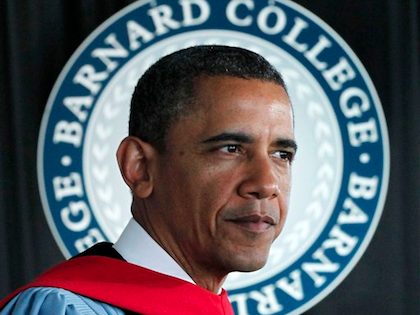I just returned from the #140edu conference in New York City, where I talked about our needing to have a discussion about values in our schools so that our kids have “toolboxes for living and working” when they go out into the world. (You can find much of what I had to say in posts I’ve filed here over the past month on values training, on learning your vocation, and on a school’s values being the beginning, not the end, of the discussion.)
Of course, values are not just something we should be talking about in our schools. We should be having conversations about what’s important to us—and how to act on our beliefs—with families, friends and colleagues so that we can boldly (and optimistically) face the difficult decisions that inevitably confront us all. When you know what’s important to you, a lot of the bad stuff that comes your way can be put in a proper context, liberating you to move forward in a way that makes sense to you in spite of all the challenges and uncertainties.
But that’s the serious part.
 As with all of the #140 character conferences sponsored by Jeff Pulver, this one was an amazing collision of thought leaders and their thoughts, with results that managed to be playful one minute and profound the next.
As with all of the #140 character conferences sponsored by Jeff Pulver, this one was an amazing collision of thought leaders and their thoughts, with results that managed to be playful one minute and profound the next.
Because of the range of its take-aways, and still finding myself a little hung-over from “that amazingly broad moment,” I’d like to share with you a couple of stories (one from the conference, and the other from half a world away) because of what they have to say about the power of laughter at the most serious times.
In the “recovery room” outside the auditorium of the 92nd Street Y where the #140edu presentations were occurring in a fire-hose of 10-minute intervals, I found myself talking with a young teacher. I quickly discovered that she needed to make an immediate decision to quit or keep her job in a Bronx classroom before the next school year starts. We weren’t three lines into our conversation when she said: “I can’t imagine going back.” What she didn’t say was: “I’ve been sitting on this fence for awhile, and I don’t have another job.” Her school had plainly done nearly everything it could do to make her feel devalued.
I appealed to the serious-grounded-thoughtful-and-obviously-talented part of her by saying: “The best decisions I’ve made in my life were like jumping off a cliff with no sense of the bottom or how horrible it could be. But if you believe in yourself and in what you are trying to do, you will land successfully—stronger and better—and never look back. At least it had always worked that way for me.”
At this penultimate moment of seriousness, she looked at the huge nametag they had given me and said: “Don’t you find it ironic that we’re here at an education conference and your name is spelled wrong?” Of course, I hadn’t sensed the irony because I hadn’t noticed. Because I hadn’t, and because of her inability to be anything other than a “teacher correcting misspelled words” during a conversation about a key decision point in her life, all of our seriousness deflated into laughter.
Now there was a glimmer of hope in her eyes! At that moment, her laugh made my jumping-off-the-cliff advice seem like it would really work for her—and there’s a good reason for that. Realizing goals you truly believe in is a whole lot easier if you can also manage to see the funny things that are happening around you along the way.
At around the same time we were talking, but a half a world away, another collision of the dead serious and truly playful was going on.
Belarus, one of the former Soviet republics, has one of the most deplorable human rights records in the world.
Sweden is close enough geographically that some of Belarus’ wafting stench led two of its courageous citizens, Thomas Mazetti and Hannah Frey, to try and do something about it. Their goal a few days ago was raising awareness, challenging indifference, and expressing their solidarity with the human rights activists in Belarus, whose very small voice is barely heard outside their troubled country.

Mazetti and Frey believed enough in the values of freedom, courage and responsibility that they spent $184,500 of their own money to rent a plane, personally fly it over Belarus, and drop 879 teddy bears with parachutes bearing human rights slogans into the country.
While they managed to fly into and back out of Belarus without being shot down, killed, or imprisoned, there is no question that they put their lives at risk for something that was of the utmost importance to them. But notice how they did it. They alleviated their serious moment with teddy bears, and as a result, every news organization in the world picked up their story.
The #140 character conferences, a young teacher in the Bronx, and two Swedish activists all have something to say to us about finding a place where the most serious purpose can spend time with laughter and a sense of humor.
I’d love to hear your stories about when you’ve found a way to bring either laughter or lightness into your deepest commitments—and while doing so, made it far more likely that you would reach your personal goals.







